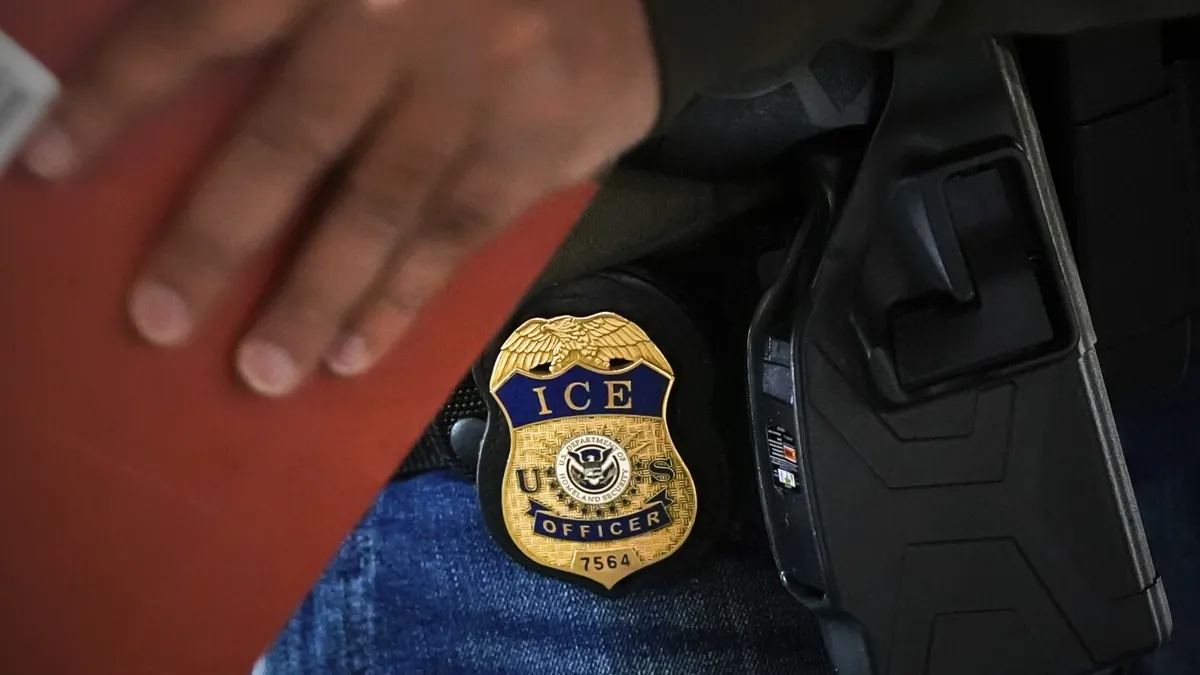
In recent days, Immigration and Customs Enforcement (ICE) agents have executed controversial deportations involving a Cuban-born mother and her 1-year-old daughter, as well as three children aged 2, 4, and 7, who are all U.S. citizens. These actions have raised significant questions regarding the criteria for deportation and the treatment of immigrant families. This situation unfolds amid ongoing legal battles concerning the implications of President Donald Trump’s stringent immigration policies, which critics argue infringe on fundamental rights.
The affected families, represented by their lawyers, reported that the women were apprehended during routine check-ins at ICE offices. They were given minimal opportunity to consult with legal representatives or communicate with their family members before being deported within a mere three days. The American Civil Liberties Union (ACLU), the National Immigration Project, and other advocacy groups have condemned these actions, characterizing them as a “shocking — although increasingly common — abuse of power.”
Among the deported children was a 4-year-old suffering from a rare form of cancer, who, along with her 7-year-old sibling, was returned to Honduras just one day after their mother’s arrest. Legal representatives expressed outrage, noting that the mothers were not given a fair chance to decide whether they wanted their children to remain in the United States. In another case involving a 2-year-old girl, a federal judge in Louisiana questioned the legality of her deportation, highlighting that the government had failed to demonstrate that the process was conducted properly.
U.S. District Judge Terry Doughty scheduled a hearing for May 16, emphasizing the need to clarify suspicions regarding the government's actions. He expressed concern that a U.S. citizen may have been deported without due process. After the mother of the 2-year-old girl was taken into custody during an ICE check-in, Doughty attempted to contact her while she was on a deportation flight, only to learn shortly after that she had already arrived in Honduras.
In Florida, another alarming deportation case involves Heidy Sánchez, a Cuban-born woman and mother of a 1-year-old girl. Sánchez was detained during a scheduled check-in at an ICE office in Tampa and was deported to Cuba just two days later, despite her ongoing need to breastfeed her daughter, who suffers from seizures. Her lawyer, Claudia Cañizares, attempted to file paperwork to contest Sánchez's deportation, but ICE refused to accept it, claiming she had already been removed from the U.S.
Cañizares criticized ICE's actions, asserting that they appear to follow a quota system for deportations without considering individual circumstances. She highlighted that Sánchez has a compelling humanitarian case for remaining in the U.S. and emphasized that her client is not a criminal. Sánchez's deportation order stemmed from a missed hearing in 2019, which led to her detention for nine months. Although Cuba initially denied her deportation, she was released in 2020 under the condition of regular check-ins with ICE.
The recent deportations of immigrant mothers and their U.S. citizen children have ignited a national dialogue regarding immigration enforcement practices and the treatment of vulnerable populations. As advocates continue to challenge these actions in court, the fate of these families raises critical questions about the balance between immigration policy and the protection of fundamental rights.